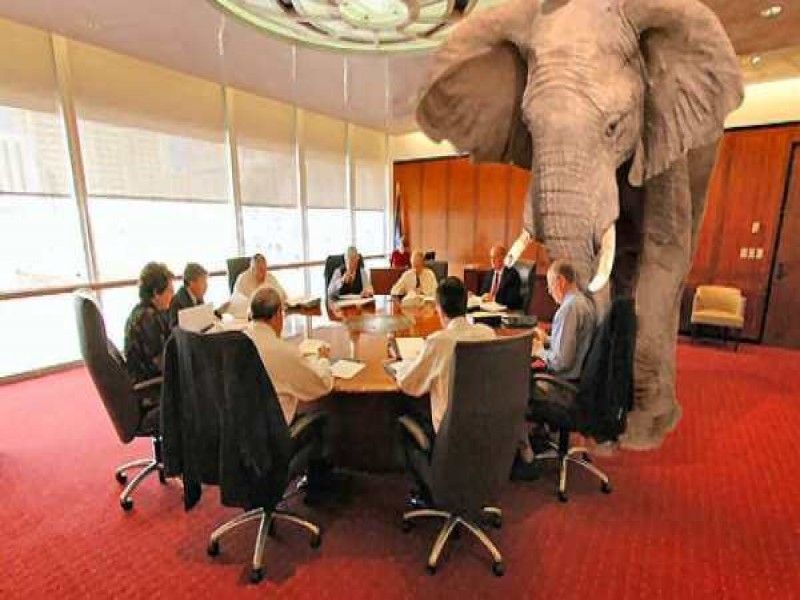Citizens around the world are demanding climate action. The kids are on strike, London was blocked for weeks by the Extinction Rebellion and the young Swedish powerhouse Greta Thunberg just convinced the UK government to be the first to declare a climate emergency, and now the Irish government has followed.
For 10 years I have been predicting a time when governments and citizens would start to take action to demand a more sustainable and responsible behaviour from the events industry. Has that time come? Are we arriving at a moment when we – the events industry has to admit there is an elephant is in the room? The elephant being that our entire business model is almost entirely built on the need for our clients to fly for us to be profitable.
Flygskam has arrived
Air travel, once the epitome of coolness, is rapidly losing its charm as “flygskam” (“flight shame” in Swedish) is taking off across Europe, and spreading globally. Emerging in Sweden over the past year, the neologism “flygskam” refers to the feeling of being ashamed or embarrassed to board a plane because of its negative impact on the environment. The movement has even created an Instagram account with 63k followers that are publicly shaming celebrities for flying.
Every day I am hearing of more stories of people being “socially shamed” for flying. Personally, my friends on social media lambaste me for flying so much, and it’s taking an effect. I am changing my habits and business model to not fly so much, and to attend fewer events that require flying.
Swedish Railways has reported a 21% increase in business travel this winter and various travel agencies are saying that their train business is booming. This switch to train-travelling has sprouted a new word: “tagskryt”, literally “train-bragging”. With Swedes and now other Europeans expressing their pride of travelling by train.
So will this movement build enough inertia to actually be a material risk to event organisers? Will it actually reduce attendance? Or will it just change how people travel to events? And perhaps most importantly are we as an industry ready to admit that we have an angry elephant in the room?
After 15 years working on sustainability, from experience I can say that the events industry and particularly destinations and agencies are no-where near prepared to manage this situation. You can count on one hand, the number of Convention Bureaus (CVBs) with a proper sustainability strategy, and on the other hand the number of event organisers (clients and agencies) with the expertise and processes to properly implement a sustainable event.
Time to step up, speed up and scale up
What we need now, are more clients, agencies and destinations prepared to step up to the challenge, to dedicate resources, to collaborate with their stakeholders to rethink and replan growth strategies; and to use events as a catalyst to accelerate a cities, associations or corporates development strategy (socially, environmentally and ecologically).
Through our work developing the Global Destination Sustainability Index, we are helping destinations to thinking bigger about sustainability, to align with the UN Sustainable Development Goals, and then to speed up and scale up their sustainability initiatives. Our 50 participating cities around the world are leading the way – sharing data and best practices, looking for new ways of collaboration and co-creating new ways to be stewards of their destinations.
I believe it’s time to recognise that the Elephant is in the Room. As an industry we need to rapidly develop better risk mitigation and innovation strategies to ensure our industry retains its’ social license to operate, and continues to deliver value to the citizens that live in the destinations that host our events.
This article was adapted from a blog post I originally wrote for our friends at Soolnua and the Dublin Convention Bureau. Thanks for the inspiration.



